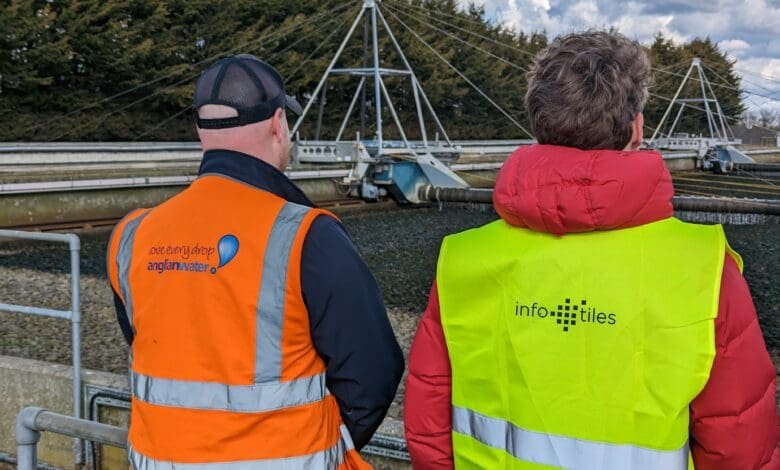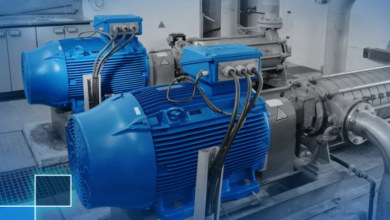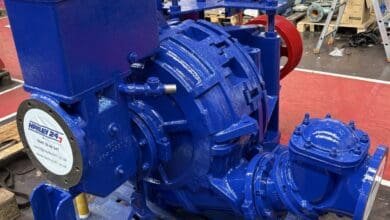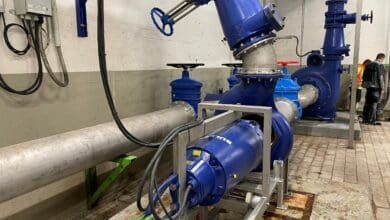Anglian Water expands AI technology trial

Following the successful pilot of its digital asset management technology with Anglian Water, Norwegian digital analytics company, InfoTiles, is embarking on an expanded proof of concept programme.
The ongoing collaboration with the UK utility will use its artificial intelligence (AI) driven software to manage roughly 317 biofilters, along with pumps and valves, and will be extended from 24 sites to 100.
The continued partnership establishes the ambition that Anglian Water will be able to move towards fully integrating the InfoTiles technology to enhance day-to-day operational visibility.
Full integration will create better-informed asset management decision-making and allow for further understanding of maintenance prioritisation of water recycling assets.
Approximately 483 data points will be measured across all assets included in the scale-up. The water recycling centres will be chosen based on current model predictions and their ability to send relevant asset data to the InfoTiles software.
The initial 12-month pilot of InfoTiles’ software monitored the rotating arms of 76 biofilters at 24 sites over a period of six months, to assess whether they were rotating when needed. It also measured sludge blanket levels in final settlement tanks to monitor optimal ranges for effective operation.
The data was collected through a mix of new and existing sensors via supervisory control and data acquisition control (SCADA) systems. This was combined with flow rates and publicly available weather data, to build a rich contextual overview of what was happening at Anglian’s water recycling plants in real-time.
InfoTiles also combined Anglian Water’s existing SCADA systems into one event-streaming platform that aggregated, compared, and visualised the reliability of the equipment.
The strength of the InfoTiles platform is the ability to visualise and model process data through machine learning to show the likelihood of critical failures in wastewater treatment, such as potential stoppages and breakdowns.
When fully integrated, this will allow Anglian Water to easily trial and compare different sensor technologies for reliability and accuracy.
During the initial pilot phase, 14 machine-learning models were used to identify biofilter deviations and identify whether failure or slowdown was imminent. Four models were selected and brought forward for further development due to their ability to scale.







